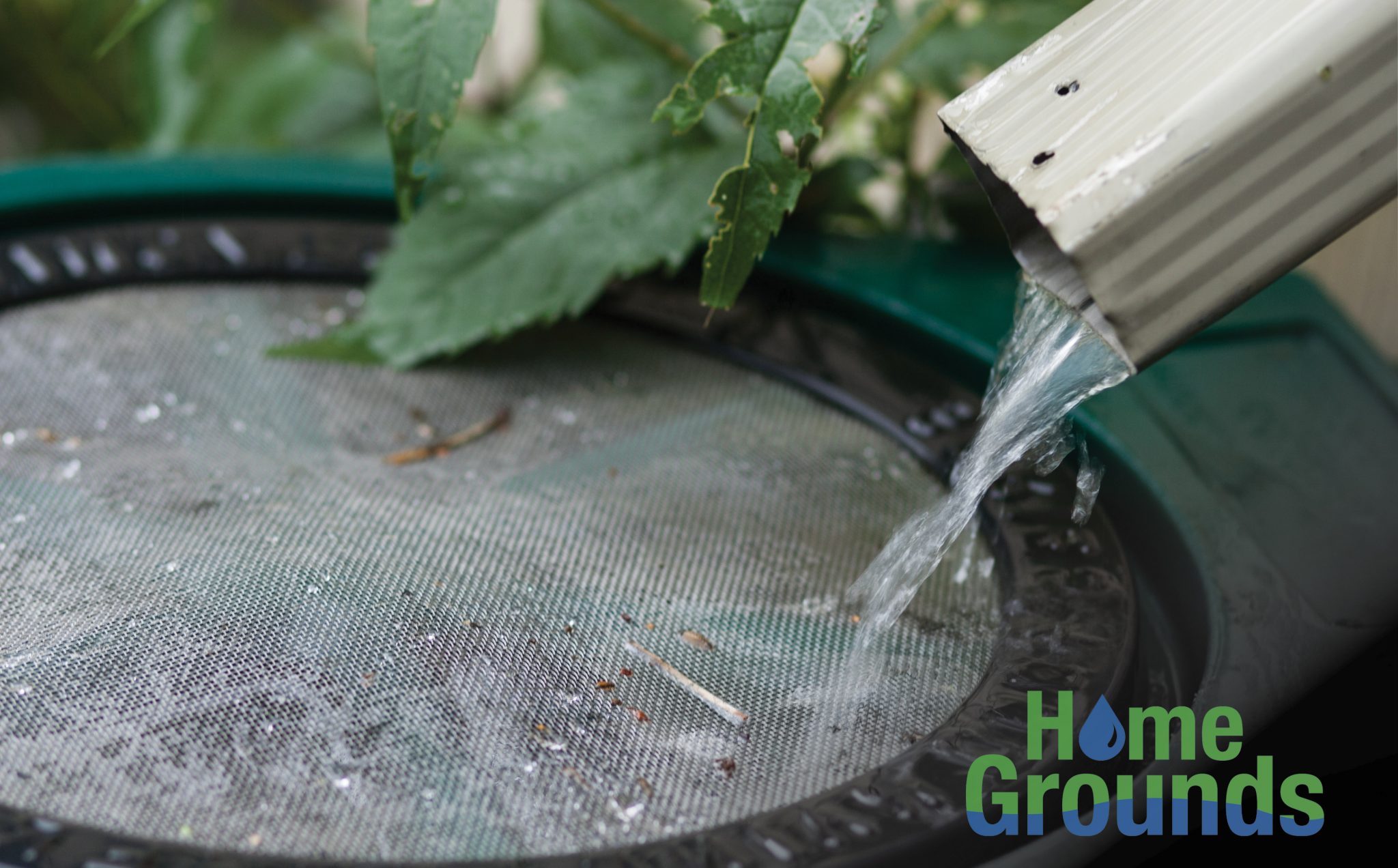Lawn & Garden

Resource for all ages and all learning levels from novice to professional. Sustainable practices to manage landscapes, urban gardens, and home pests.
What is Home Grounds?
- The Home Grounds program provides urban residents and small-scale farmers with sustainable practices to manage landscaping, urban gardening, and home pests.
- Home Grounds has six components to focus learning from water conservation to modern agricultural practices that impact food selection.
- Home Grounds sessions are flexible and can be modified based on length of time available and intended audience.
- Single lessons or series can be reserved for school-aged children, adults, residents, and professionals.
What are the goals of Home Grounds?
- Increase the availability and consumption of local, fresh fruits and vegetables with container gardening, edible landscaping, and raised bed gardening.
- Show the benefits of gardening in urban spaces and how to garden with limited resources.
- Promote water conservation, composting, recycling, the use of irrigation alternatives, and other practices that lead to environmental sustainability.
- Provides risk-assessment education to homeowners to increase knowledge of household hazards like pesticides and cleaning chemicals that adversely impact the environment.
- Discuss researched-based information on genetically modified organisms (GMOs), modern agricultural practices, food development, and testing to help communities make wise food choices based on scientific facts.
Home Grounds Components
Home Grounds has different lesson components to focus learning from composting and vermiculture to container gardening and rainwater harvesting. The program also offer train-the-trainer and volunteer development opportunities.
Food Facts provides researched-based information on genetically modified organisms (GMOs), modern agricultural practices, food development, and testing to help communities make wise food choices based on scientific facts. Read more info
Learn to Grow increases the intake of local fresh fruits and vegetables to improve nutrition and health, raises awareness about GMOs and educates communities about economical gardening in urban spaces (1 to 2 hour class). Read more info
STEM in the Gardens recruits Master Gardener volunteers to educate youth about STEM-related agricultural practices, the benefits of eating fresh produce, environmental conservation, and beneficial organisms, including pollinators such as bees. Read more info
Urban Gardens increases the intake of local fresh fruits and vegetables to improve nutrition, raises awareness about GMOs, and educates communities about economical gardening in urban spaces. Extension agents are ready to work with individuals, community groups, and organizations on the development of sustainable gardens that conserve water and provide sustainable food sources. Read more info
Urban Green introduces sustainable landscaping management practices, including green space development by revitalizing downtown areas and improving the utilization of urban spaces for community aesthetics and health (1–2 hour class). It also features the Back-2-Basics and Garden Walks series. Read more info
Water Wheels is a 36-foot mobile water conservation laboratory. This mobile lab is available to travel all over Alabama and is used to educate audiences about water conservation. The lab comes complete with a rainwater collection system and 15 gaming computers. Read more info
Contact Us
Alabama Extension serves all 67 Alabama counties. If your county isn’t listed below, contact the nearest county on the list or the program specialist in the state office.
State Office, Alabama A&M University
Rudy Pacumbaba, Horticulture Specialist
Office: (256) 372-2466
Email: rop0001@aces.edu
Urban Centers - Home Grounds
| City | Office | Educator | Phone Number | |
|---|---|---|---|---|
| Anniston | Hayes Jackson | (256) 237-1621 | jacksha@aces.edu | |
| Birmingham | C. Beaty Hanna Horticulture & Environmental Center | Bronson Lubresky | (205) 879-6964 | brl0015@aces.edu |
| Huntsville | Madison County Extension Office | Marcus Garner | (256) 532-1578 | mlg0005@aces.edu |
| Mobile | Mobile County Extension Office | Joel Potter | (251) 574-8445 | potterj@aces.edu |
| Montgomery | Montgomery County Extension | Roosevelt Robinson | (334) 270-4133 | robinrl@aces.edu |
| Moulton | Lawrence County Extension | (256) 974-2464 | ams0137@aces.edu |



